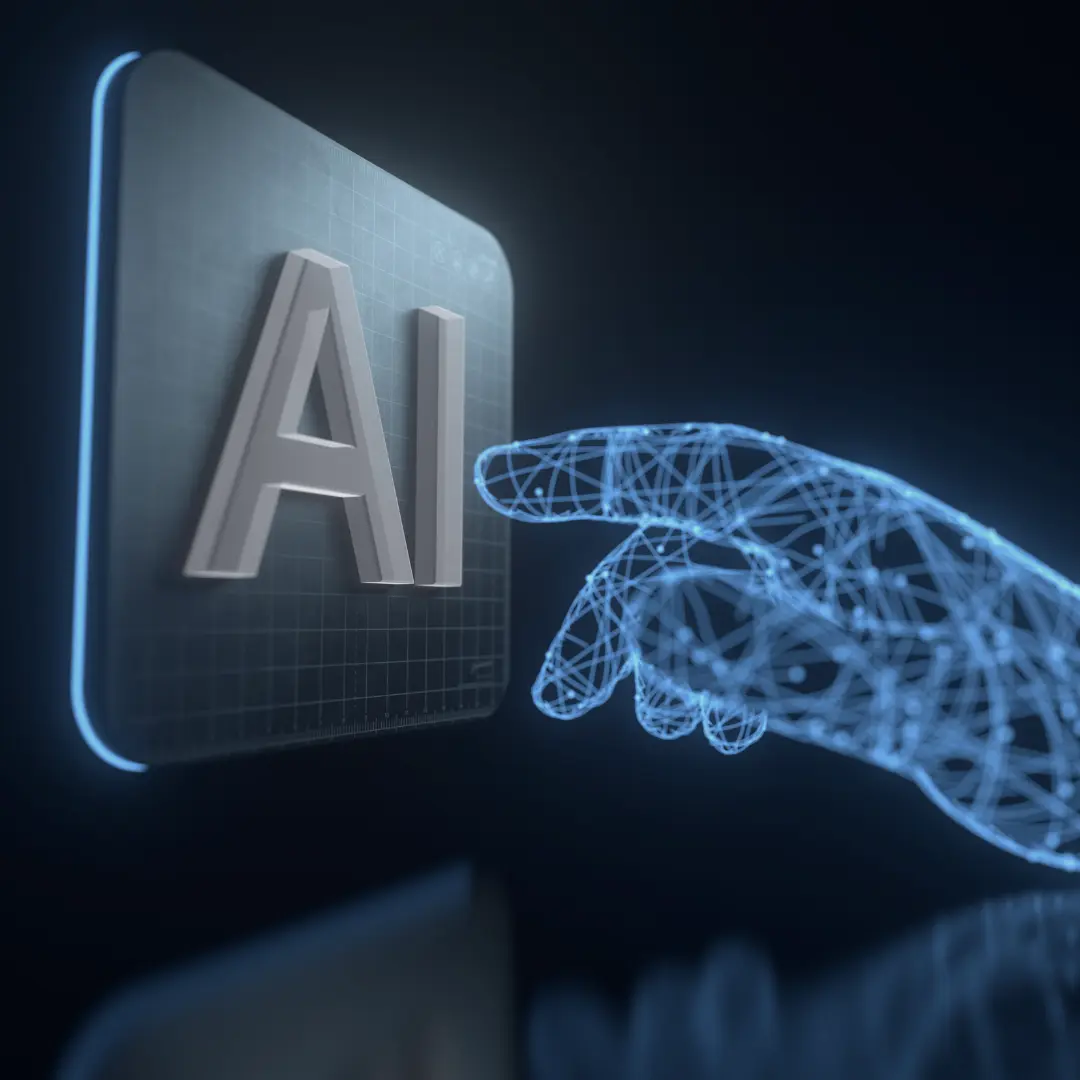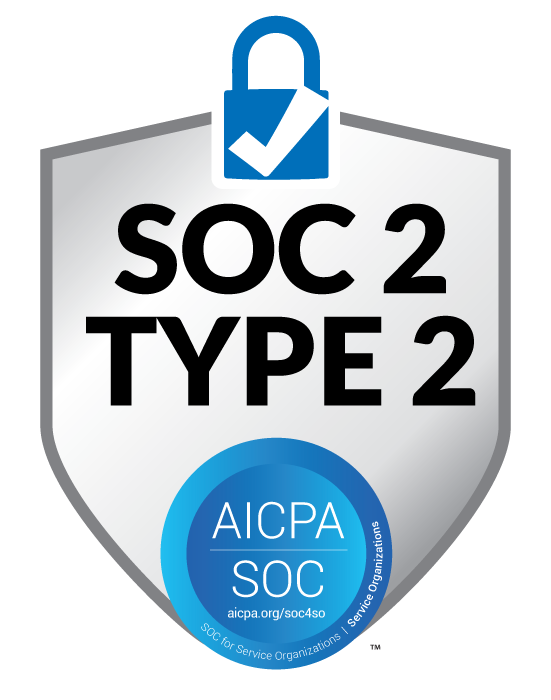Overview
In the fast-evolving world of technology, where artificial intelligence is transforming everyday tools, Opera Neon emerges as a groundbreaking innovation. As Nitin Chibber, Program Manager at lowtouch.ai—a no-code agentic platform empowering enterprises to build digital workers for enhanced efficiency, productivity, and compliance—I’m thrilled to explore how AI is reshaping browsers. Opera Neon isn’t just another web navigator; it’s an agentic AI browser that thinks, chats, and creates, turning passive browsing into proactive collaboration. Launched in May 2025, this futuristic tool from Opera promises to automate complex tasks, making it a game-changer for users seeking smarter, faster digital interactions.
What Makes Opera Neon a Game-Changing AI Browser?
At its core, Opera Neon is designed as the first truly agentic browser, meaning it doesn’t just respond to queries—it anticipates needs, executes multi-step actions, and generates content based on user intent. Built on advanced AI models, Neon operates in three intuitive modes: Chat, Do, and Make. In Chat mode, it engages in natural conversations, answering questions or brainstorming ideas. Do mode takes automation to the next level by performing tasks like web surfing or shopping on your behalf. Make mode is where creativity shines, allowing the browser to build websites, games, or other digital assets from simple prompts.
What sets Neon apart from traditional browsers is its ability to handle tasks that require human-like reasoning. For instance, booking hotels isn’t a mere search anymore. Tell Neon, “Find and book a budget-friendly hotel in Paris for next weekend with a view of the Eiffel Tower,” and it will scour the web, compare options, check availability, and even complete the reservation— all while considering your preferences from past interactions. This agentic capability extends to coding websites, something an average browser like standard Chrome or Firefox couldn’t dream of. Provide a prompt like “Create a responsive e-commerce site for handmade crafts,” and Neon will generate HTML, CSS, and JavaScript code, deploy a basic prototype, and suggest optimizations. No coding skills required; it’s like having a developer in your pocket.
Opera Neon as Your Ultimate Personal Assistant
Imagine a browser that’s more than a window to the web—it’s a companion that chats, solves problems, and even entertains. As a personal assistant, Neon’s Chat mode excels in real-time dialogue, offering advice on everything from recipe suggestions to career tips. Its problem-solving prowess shines in scenarios like troubleshooting tech issues or planning intricate projects, breaking them down into actionable steps.
One of the most exciting benefits is its creative side: building games. Prompt Neon with “Design a simple puzzle game about space exploration,” and it will craft the code, assets, and logic, letting you playtest right in the browser. This democratizes creation, empowering non-technical users to prototype ideas quickly—perfect for entrepreneurs or hobbyists aiming for faster time to market, much like how lowtouch.ai enables enterprises to deploy agentic workflows without code.
Moreover, Neon’s AI foundation ensures seamless operation even offline. By leveraging local AI models and cached data, it continues chatting, generating content, or executing predefined tasks without an internet connection. This is invaluable for travelers or remote workers, maintaining productivity in low-connectivity areas. Unlike many AI tools that falter without cloud access, Neon’s hybrid approach keeps it functional, allowing you to code a quick script or plan a trip draft on a flight.
How Opera Neon Stacks Up Against the Competition
In 2025, AI integration is the new battleground for browsers. Let’s compare Opera Neon with key rivals: Microsoft Edge’s Copilot, Google’s Chrome with Gemini, Brave’s Leo, and Firefox’s AI previews.
- Edge Copilot: Microsoft’s offering embeds Copilot for tasks like summarizing pages or generating text. It’s strong in productivity, especially with Microsoft 365 integration, but lacks Neon’s agentic depth—Copilot assists but doesn’t autonomously book hotels or code full sites. Edge shines in enterprise environments, yet Neon’s offline prowess gives it an edge for mobile users.
- Chrome Gemini: Google’s Gemini AI in Chrome excels at search enhancements and content generation, like rewriting emails or explaining code snippets. It’s fast and integrated with Google’s ecosystem, but it’s more reactive than proactive. Neon outperforms in creative tasks like game-building, where Gemini might generate ideas but not execute full builds. Privacy-conscious users might prefer Neon’s balanced approach over Chrome’s data-heavy model.
- Brave Leo: Brave’s Leo focuses on privacy-first AI, blocking ads while offering chat-based assistance for queries or image generation. It’s efficient and secure, but limited in agentic functions—Leo chats and summarizes but won’t code websites or handle bookings end-to-end. Neon, with its Make mode, provides broader creativity, though Brave wins on anonymity.
- Firefox AI Previews: Mozilla’s experimental AI features, still in preview, emphasize ethical AI with tools for content recommendation and accessibility aids. It’s open-source and customizable, but lags in advanced automation. Neon surpasses it in task execution, like offline coding, while Firefox appeals to developers prioritizing transparency over flashiness.
| Feature | Opera Neon | Edge Copilot | Chrome Gemini | Brave Leo | Firefox AI Previews |
|---|---|---|---|---|---|
| Agentic Tasks (e.g., Booking Hotels) | Yes, Autonomous | Assisted | Search-Enhanced | Basic Assistance | Limited |
| Coding Websites/Games | Full Generation | Text Generation | Code Explanation | Image/Text Gen | Experimental Tools |
| Offline Functionality | Robust | Partial | Minimal | Basic | Preview-Stage |
| Privacy Focus | Balanced | Ecosystem-Tied | Data-Heavy | High | Ethical/Open-Source |
| Best For | Creators & Automators | Productivity Pros | Search Enthusiasts | Privacy Advocates | Developers |
Overall, Neon leads in versatility and innovation, blending automation with creativity in ways others are still catching up to.
Why Opera Neon is the Future of Browsing?
Opera Neon isn’t just a browser; it’s a portal to an AI-driven future where technology anticipates and amplifies human potential. For enterprises, it mirrors the agentic platforms like lowtouch.ai, streamlining workflows from hotel bookings to custom web development. Whether you’re a busy professional solving problems on the go or a creative mind building games offline, Neon delivers efficiency, engagement, and excitement.
As we navigate 2025, embracing tools like Neon can maximize productivity and compliance while accelerating innovation. Dive into this AI-powered marvel today—your browsing experience will never be the same.
About the Author

Nitin Chibber
Program Manager
Nitin Chibber has held senior leadership roles driving large-scale initiatives in release management, Agile (Scrum), DevOps, and Azure implementations. He brings a strong track record of aligning technology with business goals to deliver high-impact, scalable solutions.
Program Manager focused on Delivery Excellence, Nitin leads end-to-end project execution and transformation efforts, leveraging Agile methodologies and cloud-native tools to optimize performance and accelerate delivery. He is passionate about continuous improvement and enabling organizations to thrive in a fast-evolving digital landscape.




